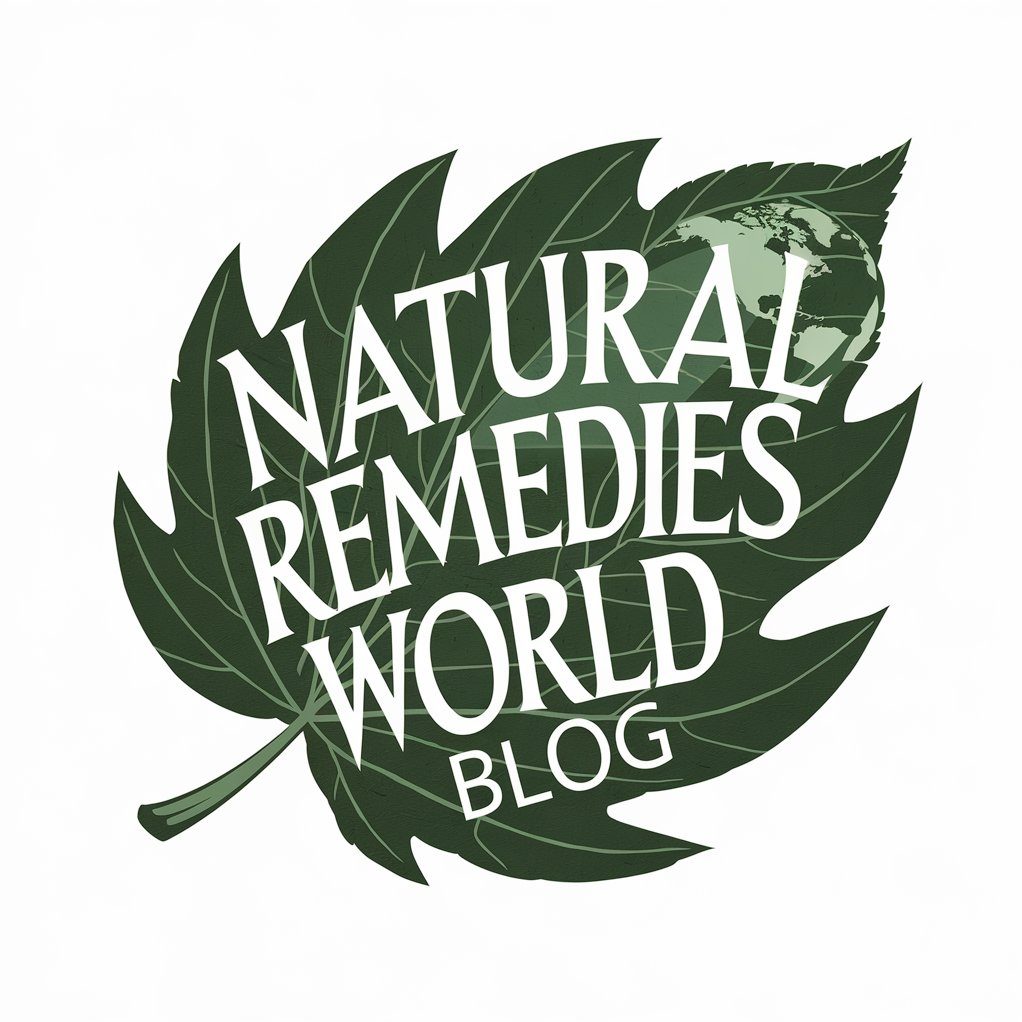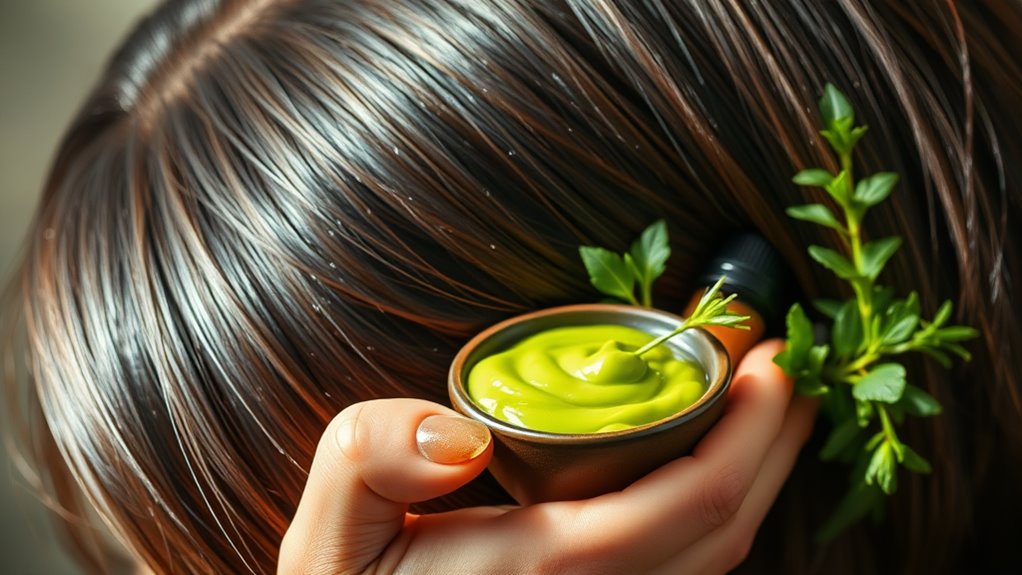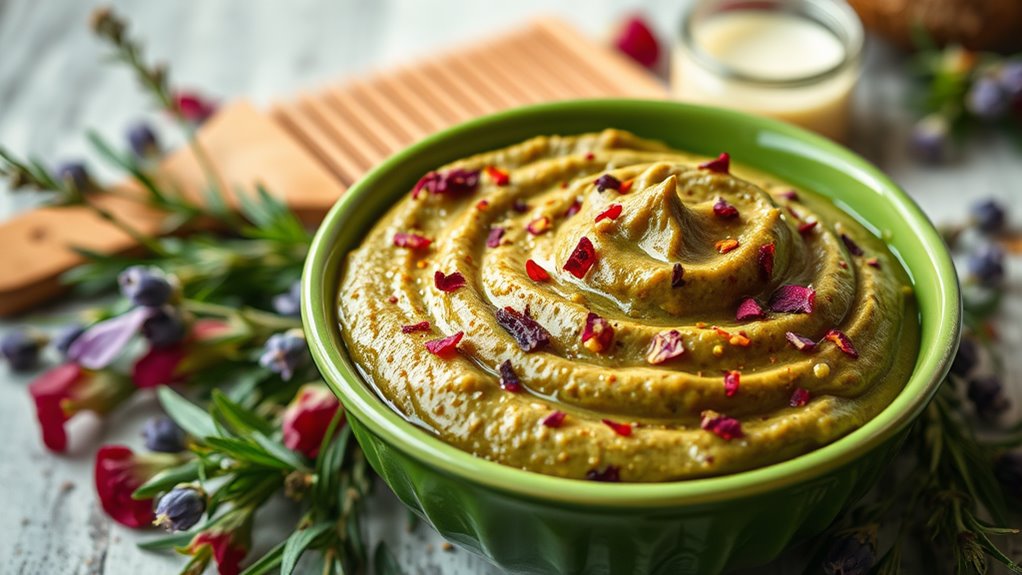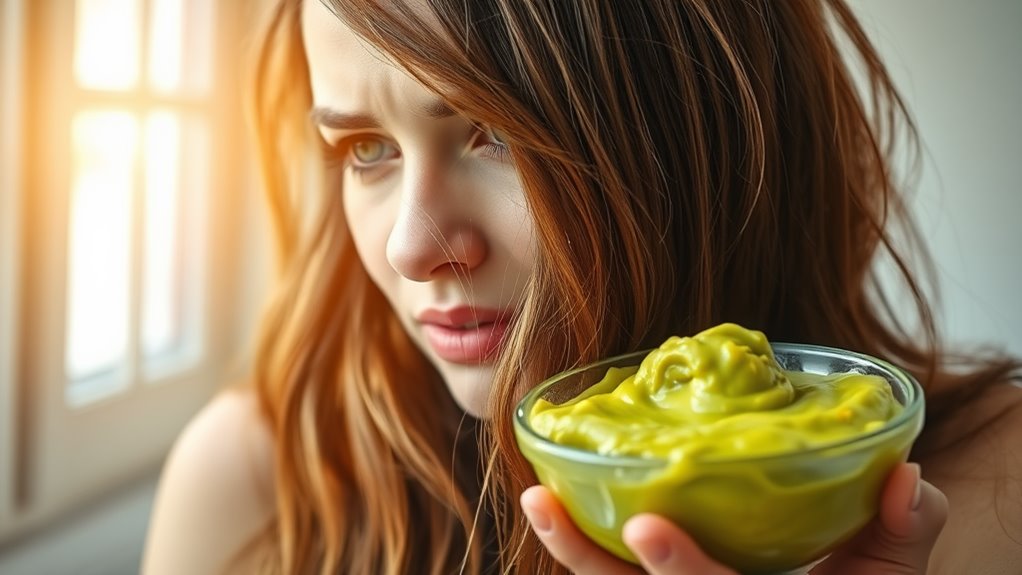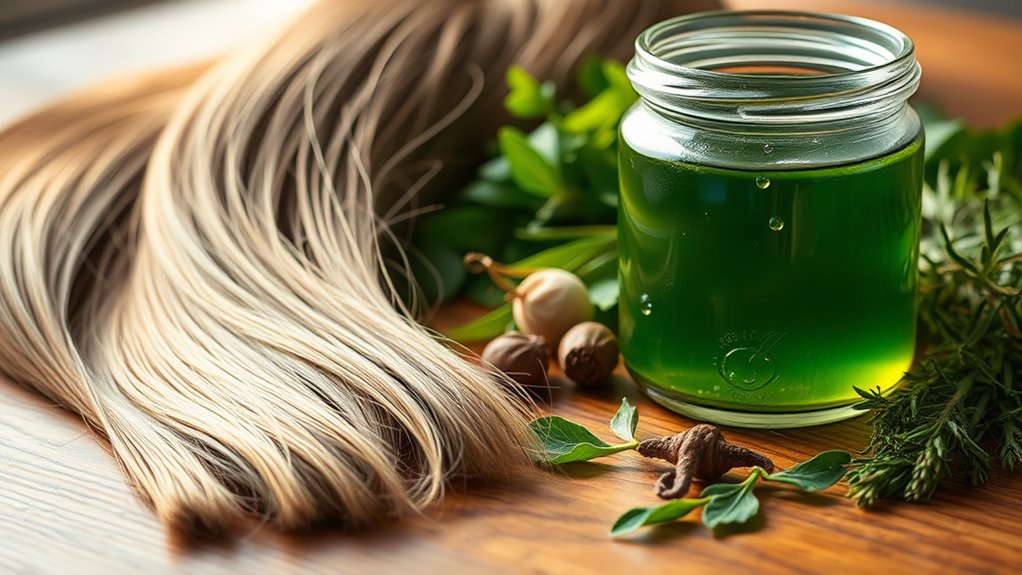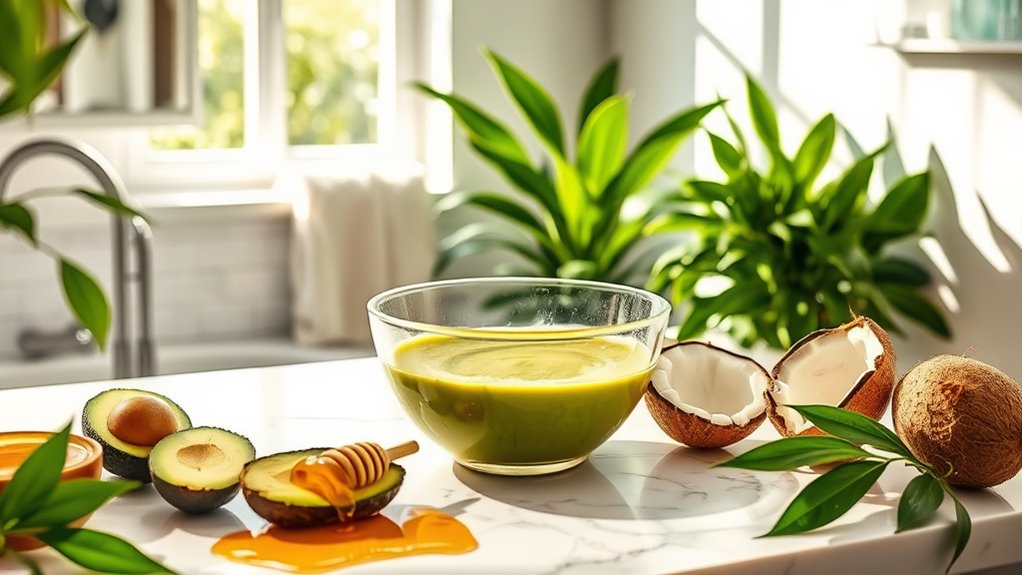Oily Hair. This DIY Treatment Will Change Your Life!
If you’ve got oily hair, DIY treatments can really change your hair game! Focus on natural ingredients like aloe vera and lemon juice to balance oil production. You can whip up a simple vinegar rinse or dry shampoo at home to soak up excess grease. Plus, regular washing and a balanced diet help keep hair healthy. Want to discover the best remedies and tips for eliminating that greasiness? Stick around and see what else can transform your routine!
Understanding Oily Hair: Causes and Effects
If you’ve ever noticed your hair looking greasy shortly after washing it, you’re not alone. Many people struggle with oily hair, and it can be frustrating.
This excess oil often comes from overactive sebaceous glands, which can be triggered by various factors such as genetics, hormonal changes, or even diet. Stress can also play a role, making your scalp produce more oil than necessary.
You might find yourself constantly battling that slick appearance, which can affect your confidence and how you feel about yourself in social situations.
Understanding the causes of oily hair is the first step toward finding solutions. Remember, you’re part of a community that shares this challenge, and you’re not alone in your quest for healthier, more manageable hair.
Essential Ingredients for Your DIY Treatments
Now that you understand the causes of oily hair, it’s time to explore some key ingredients that can help you create effective DIY treatments.
First up, aloe vera is your best friend—it soothes the scalp while balancing oil production.
Next, consider witch hazel; it’s a natural astringent that tightens pores and reduces grease.
Lemon juice is another powerhouse, cutting through oil and adding shine.
You’ll also want to include essential oils like tea tree or lavender, which not only smell great but also help combat excess sebum.
Lastly, oatmeal can absorb oil and gently exfoliate your scalp.
By using these ingredients, you’ll feel empowered and connected to a community that values natural beauty solutions.
Let’s get crafting!
Step-by-Step DIY Remedies for Oily Hair
While you may feel overwhelmed by oily hair, creating your own remedies can be a simple and rewarding process.
Start with a DIY dry shampoo by mixing equal parts cornstarch and cocoa powder. Sprinkle it on your roots, let it sit for a few minutes, then brush it out for a fresh look.
Next, whip up a vinegar rinse using one part apple cider vinegar and three parts water. After shampooing, pour this mixture over your hair, let it sit for a couple of minutes, then rinse well.
Finally, create a soothing tea rinse with chamomile or green tea. Brew, cool, and apply it after washing.
Embrace these steps, and you’ll feel empowered in your journey to healthier hair!
Tips for Maintaining Healthy, Balanced Hair
To maintain healthy, balanced hair, it’s essential to establish a consistent care routine that suits your hair type.
Start by choosing a gentle shampoo and conditioner that hydrate without weighing your hair down. Wash your hair regularly but avoid overdoing it; two to three times a week is often just right.
Incorporate deep conditioning treatments every few weeks to nourish your strands. Don’t forget to protect your hair from heat styling by using a heat protectant.
Also, embrace a balanced diet rich in vitamins and minerals to support hair health from within.
Finally, listen to your hair; if it feels oily or dry, adjust your routine accordingly. You deserve hair that feels vibrant and full of life!
When to Seek Professional Help for Oily Hair
Sometimes, despite your best efforts to maintain healthy hair, you might find that oily strands persist.
If you’ve tried various home remedies and nothing seems to work, it may be time to seek professional help. Consulting with a dermatologist or a trichologist can provide you with personalized guidance and treatment options.
Consider reaching out for help if you notice:
- Your scalp feels constantly greasy, even after washing.
- You experience excessive hair loss along with oiliness.
- Over-the-counter products aren’t making a difference.
Frequently Asked Questions
Can Oily Hair Affect Scalp Health in the Long Term?
Yes, excess oil can lead to scalp issues over time. If you don’t manage it, you might experience irritation, inflammation, or even hair thinning. So, keeping your scalp healthy is essential for overall hair health.
How Often Should I Wash My Hair With Oily Scalp?
You should wash your hair every 2-3 days to maintain a healthy scalp. If it feels greasy sooner, don’t hesitate to adjust. Finding the right routine helps you feel more confident and comfortable in your skin.
Are There Specific Hair Types More Prone to Oiliness?
Certain hair types, like straight or fine hair, tend to be more prone to oiliness. If you’ve got this texture, you might notice oil buildup faster. Embrace it and find the right routine for you!
Is It Safe to Use Dry Shampoo Daily on Oily Hair?
Using dry shampoo daily can be convenient, but it’s best to limit it to a few times a week. Overuse can lead to buildup and irritation, so balance it with proper washing for healthy hair.
Can Stress Contribute to Increased Oil Production in Hair?
Absolutely, stress can increase oil production in your hair. When you’re stressed, your body releases hormones that stimulate sebaceous glands. So, managing stress can help keep your hair feeling fresher and more balanced.
